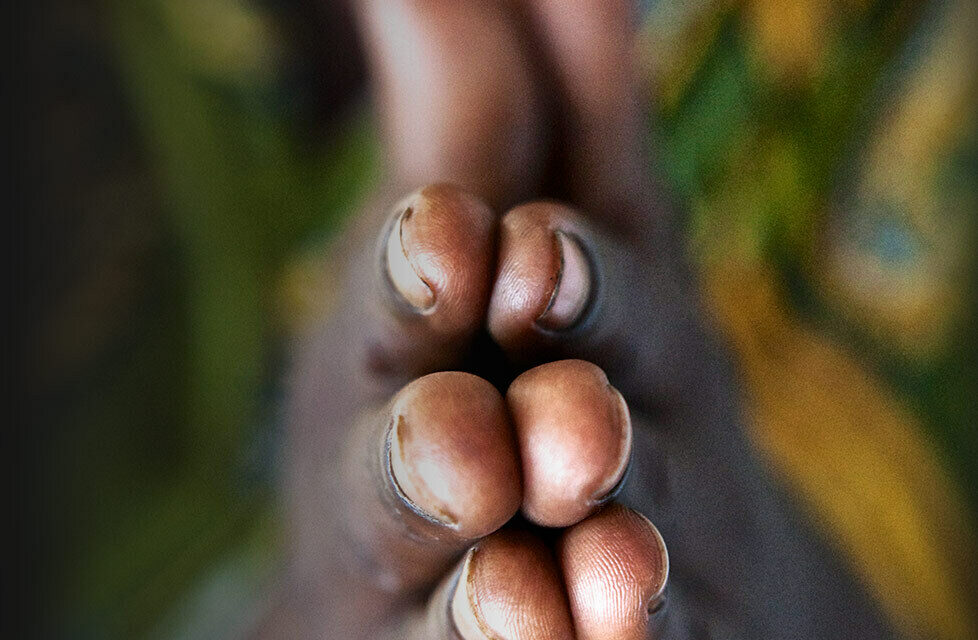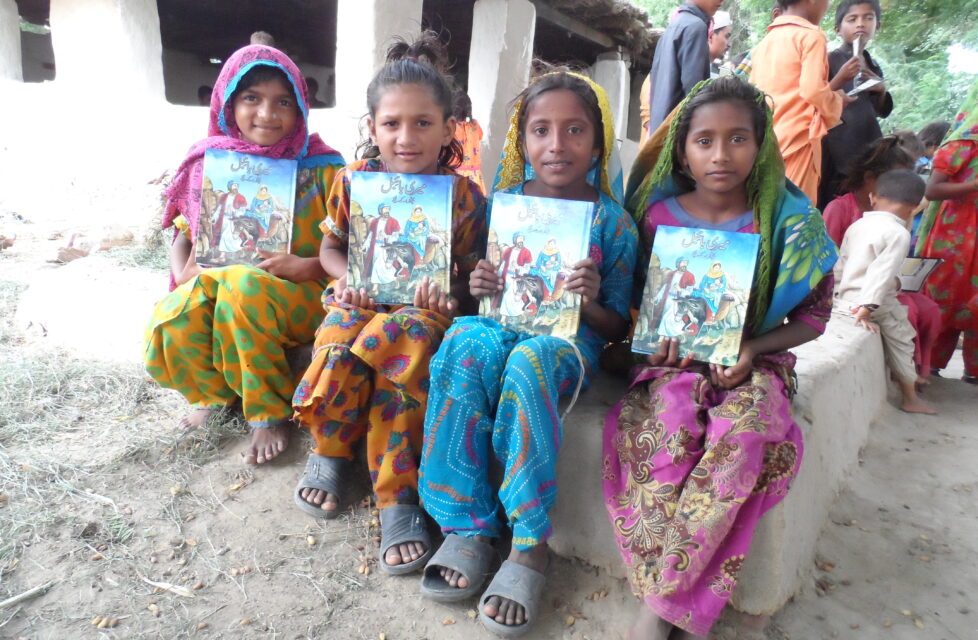Assetou became a Christian while training to become a hairdresser. When she completed her training, she returned home, and her parents, who practice an animistic, traditional religion, were unhappy with her new faith.
Read MoreMamta Devi has faithfully followed Jesus for three years. Since her conversion, she has faced opposition from her family members and neighbors. She lives with her husband and his parents and brothers.
Read MoreIn 320, Constantine, the Roman emperor of the West, pressuredLicinius, the emperor of the East, to legalize Christianity in hisregion — and Licinius conceded. Later, however, fearing treasonamong the troops, Licinius broke his alliance and decided to eliminateChristianity from his territory. He authorized Agricola, the commanderof his forces in the Armenian town of Sebaste (now Sivas, Turkey), tocarry out his evil intentions. Agricola knew of forty soldiers who were devout Christians andskilled in battle. In an attempt to force them to renounce their faith, heannounced to these men, “Either offer sacrifice to the gods and earngreat honors, or, in the event of your disobedience, be stripped of yourmilitary rank and fall into disgrace.” Then Agricola had the soldiersimprisoned to think about what he had told them. That night theyencouraged themselves by singing psalms and praying. The next morning Agricola brought out the forty men and tried topersuade them with flattery, praising them for their valor and good looks.These Christian soldiers were determined, however, not to fall prey tothe commander’s empty words. So Agricola sent them back to prison toawait the arrival of an official. While the soldiers waited, they preparedthemselves for martyrdom. When the official arrived, he again attempted to
Read MoreDr. Mike Fullingim felt the specific call to mission service while hearing a sermon from Jeremiah 5:19: “…you shall serve foreigners in a land that is not yours.” But as he looks back, he can see that even as a young boy God was drawing his heart toward missions and people different from him. Twelve years after hearing that sermon, Mike and his family went as missionaries to Papua New Guinea. Dr. Mike and his wife, Barbara, served eight years on the field, with a break between terms for him to pursue further linguistics education. In 1987, Dr. Mike was finishing his PhD in linguistics and anthropology. After completing his doctoral program, offers for teaching jobs flooded in. But his heart was still in PNG. As he sought God’s will, and considered his children’s educational needs, Dr. Mike took a one-year teaching job at Oklahoma Wesleyan University. As he wrestled with what direction God was leading, Dr. Mike read a quote from Dwight L. Moody: “It’s better to train ten people than to do the work of ten people.” Today, 35 years after signing that “one-year contract,” Dr. Mike is still training future missionaries at Oklahoma Wesleyan University. His former students—more than 200—are serving today as gospel workers around the world—including hostile and restricted nations where Christians are persecuted. One of his passions is helping students develop tools to learn language—a key factor in long-term fruitful service on the mission field. Listen as Dr. Mike shares about his missionary calling, how he wrestled with the painful decision not to return to PNG, and how we can pray for missionaries currently serving around the world—and for God to call forth more workers to go into ripe harvest fields, even in dangerous places. Read more about Dr. Mike Fullingim’s mission work and legacy of teaching at Oklahoma Wesleyan University here. Never miss an episode of VOM Radio! Subscribe to the podcast.
Read MoreWhen more than 20 Christian children in northern Kenya received candy from Muslim evangelists in November 2018, they readily pledged to return to Islam, which predominates their Borana Oromo tribe. But days later, Christian workers arrived with a load of cargo that proved more precious and lasting than sugar — children’s Bibles. Christian workers led five donkeys loaded with children’s Bibles through thick forests and across winding rivers to reach the village of Uran Lataka, near Kenya’s border with Ethiopia. They then distributed copies of the illustrated Bible to 52 children, including many who had recently turned their backs on the Christian faith. As the children saw the Bible stories told through the book’s colorful, dramatic images, they were hooked, and in the days that followed most who had been enticed by the Muslims’ candy renewed their commitment to Jesus. “One of the kids couldn’t stop looking through the pictures of the Bible when he received it, even after reaching home,” a VOM worker said. In addition to strengthening the children who were secure in their Christian faith and re-engaging those less committed, children’s Bibles have also proved valuable to Sunday school teachers as a resource for weekly lessons. After
Read More



